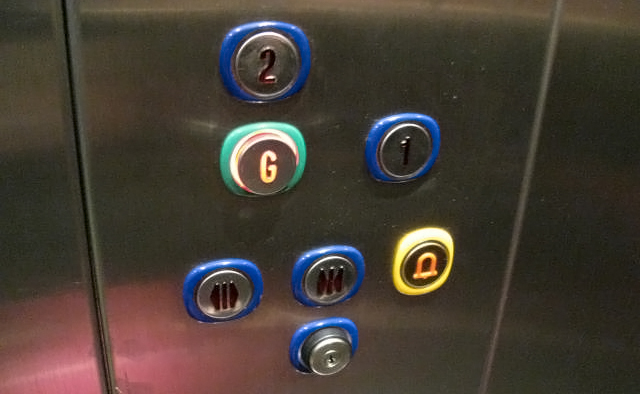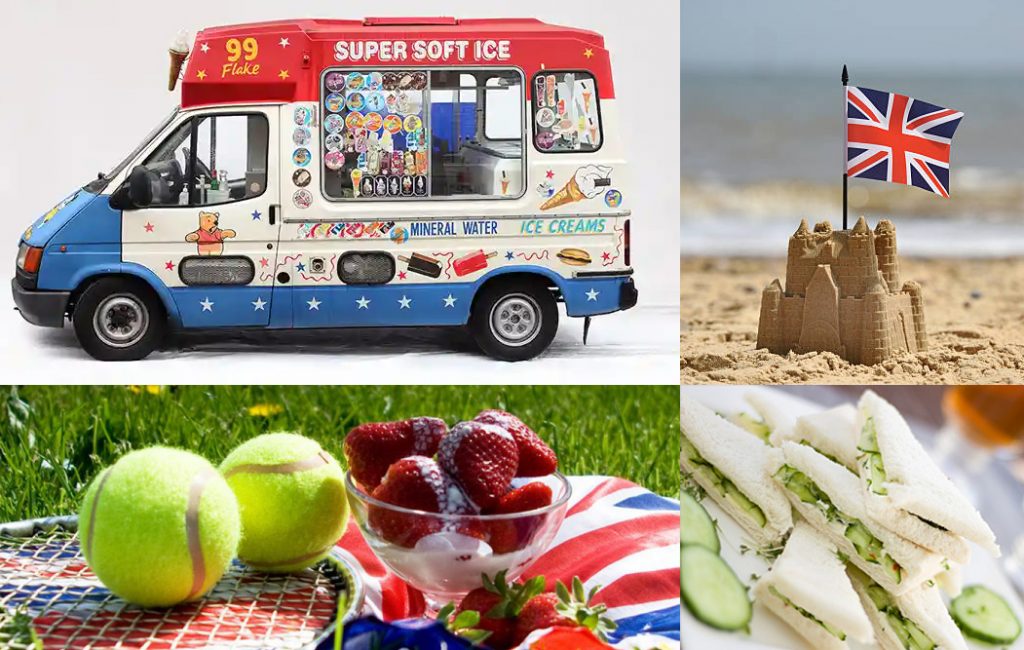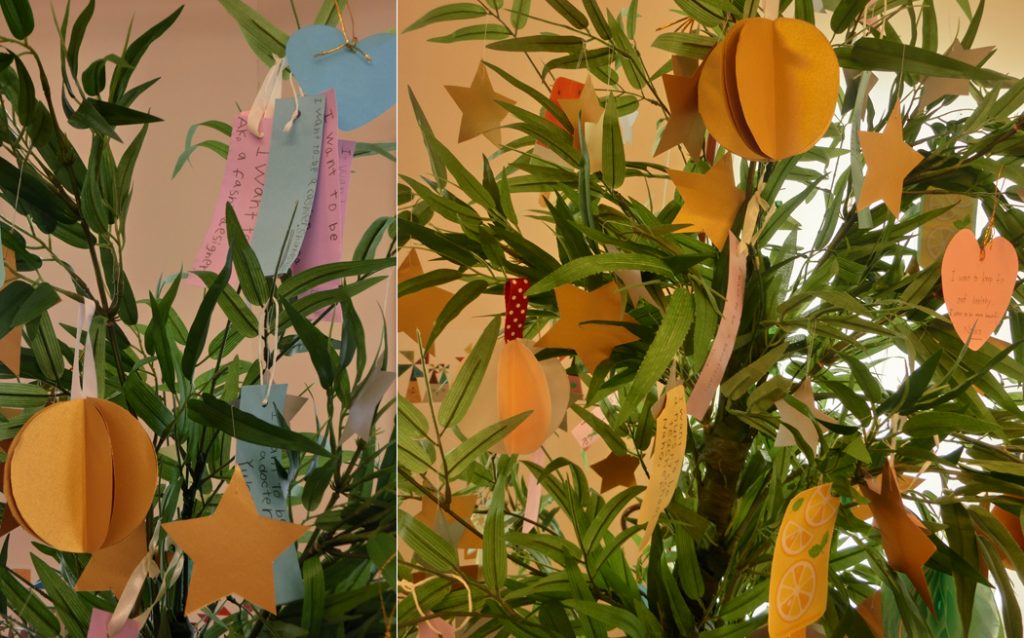
One very important difference between British and American English that Japanese people need to learn is how we number the floors of a building.
Like in Japan, in America the ground level floor (地面と同じレベルの階) of a building is called the “first floor” (1階), but in British English we call it the “ground floor”. Therefore in British English what is called the second floor (2階) in America is called the “first floor” and the third floor (3階) is called the “second floor”…
This is also true in most European countries, so it is an important point to learn. You don’t want to make a mistake when you are in a building with many floors like a hotel or apartment building. Elevators (or “lifts” in British English) have a button marked “G” for “ground floor”.
This chart chart may help to make it a little clearer:
| 日本 | アメリカ | イギリス |
| 3階 | 3rd floor | 2nd floor |
| 2階 | 2nd floor | 1st floor |
| 1階 | 1st floor | Ground floor |
However, what is even more confusing (ややこしい) is that both British and American English use the same system to talk about how many storeys (何階建て) a building has. Therefore a 3 storey (3階建て) building in America has a first floor, second floor and third floor, but in the UK it has a ground floor, first floor and second floor…


